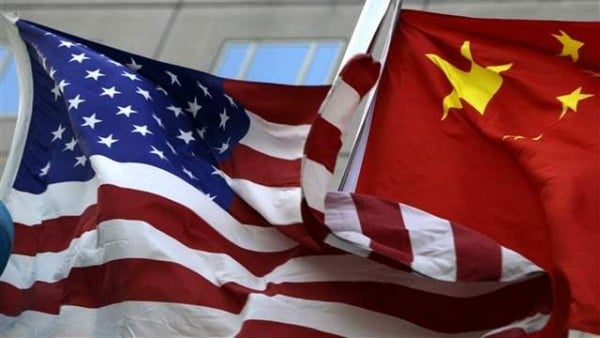
Recent events highlight the potential for conflict between China and the U.S., and the larger picture of U.S.-China relations remains fundamentally perplexing. Is our relationship one of economic partners complicated by politics, or of adversaries that happen to share economic ties? As our “frenemy,” is China more a geopolitical foe or economic partner, a co-manager of sticky issues or opponent biding its time? Is China’s naval buildup defensive and thus acceptable, or is it expansionist? Are Chinese technology firms looking simply to compete in the global market, or do they also facilitate cyber-warfare?
The questions will not subside while we are uncertain of long term Chinese objectives, nor will that uncertainty, so long as China’s ultimate goals remain unclear.
Whether we should focus on economic collaboration in hopes that China becomes more “free,” or on geopolitical containment, depends on the answer. Meanwhile, U.S. policy is buffeted from the one outlook to the other. The room for miscalculation, on both sides, is great.
In our respective nationalities, the U.S. and China do share a subtle, abstract, point of commonality. Both rest on formal doctrines that are independent of their ancient traditions, ethnicity, and culture. The U.S. founded itself on a statement of philosophical principle. China’s constitution enshrines the Communist Party as exclusive state authority, overriding traditional identity with an industrial-age philosophy.
Yet both states need to address the relationship of culture with nationhood, and both governments know this. In America, a political divide that reflects cultural variances paralyzes government and impedes all manner of societal functionality. Some see cultural chaos in our post-modern democracy, with increasing personal and social dysfunction. Free society starts to appear incompetent. China’s constitution precludes political choice; the ruling party needs to find ways to legitimize its rule without risking electoral rejection. Diverse peoples’ cultural roots raise dissent, and even the majority Han Chinese have proclivities, reflected for example in their history of religious movements, that can destroy dynasties which fail to meet ancient patterns of need and expectation.
Whatever the political ramifications, cultures and traditions in both countries face stresses generated by industrialization, social evolution, and globalization. Both states, again in different ways, have to address these developmental pressures.
Suppose the U.S. government suggested an ongoing symposium of scholars from both countries, to study questions of culture, tradition, and development in modern societies?
First, the suggestion cites a commonality between the two nations. It thus opens a new channel for diplomatic exchange and a new lens through which the two sides can view each other. Of course, China’s government would supervise their scholars closely, while American participants would presumably reflect a spectrum of views. But the way the Chinese cast – and adjust – their delegation would itself indicate the state of our mutual understandings.
Second, the common point between the two states presumes that ordinary people are the source of any state’s legitimacy. By initiating the idea of a study, we acknowledge this part of China’s ruling ethic, but implicitly ask them to substantiate it. This may nudge Chinese thought toward further acknowledgement of individual rights, beyond those of economic enterprise that they have allowed.
Third, the problem as stated also calls for the U.S. side to explain the somewhat paradoxical liberal tenet of constrained government, and our implicit faith that people will ultimately act for good in their free pursuit. Explanation of our state’s foundation can show Chinese strategists that we are not perversely immoral, nor out to dominate them. We can do this easily if we focus on our principles, and the exercise may improve our domestic discourse as a side benefit.
Fourth, the topic speaks to the future. Methods by which societies can address modernity’s cultural disruptions could only be applied in the future. The proposed exercise may influence Chinese leaders to greater Liberalism. To be fair, they could also lead American politicians to more consensual dealings. Either way, a focus on the future reminds both sides that any nation’s future is shaped by their choices now. If the two nations address certain issues in common, there is room to find common outlooks.
There has been much educational exchange between the U.S. and China. Both are aware of the moral dimension of their profile in the world – hence Chinese inaugurations in recent years of Confucius Institutes abroad. A new process of engagement in academic cultural study extends these practices into another arena for diplomatic engagement.
Certainly the hazard exists that a symposium touching on the respective nations’ existential premises may turn hostile. But that same hazard is embedded in the oscillation between geopolitical confrontation and economic collaboration that currently characterizes U.S.-China relations. If the new process goes sour, we will have clarified our proper stance toward China. At the same time, the process may clarify the bases for coexistence and compromise. But a common study of modern cultural issues, based on the two states’ theoretical commonality, with a view to the future, would more likely reduce the risk of overt conflict. It might even induce China to develop toward compatibility with America’s first interest, freedom.